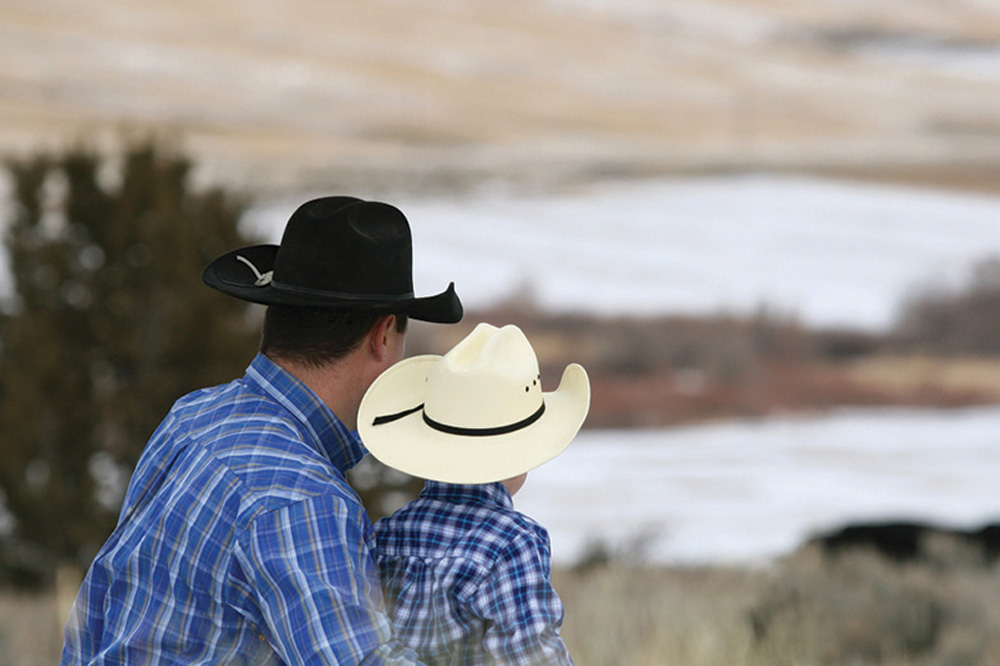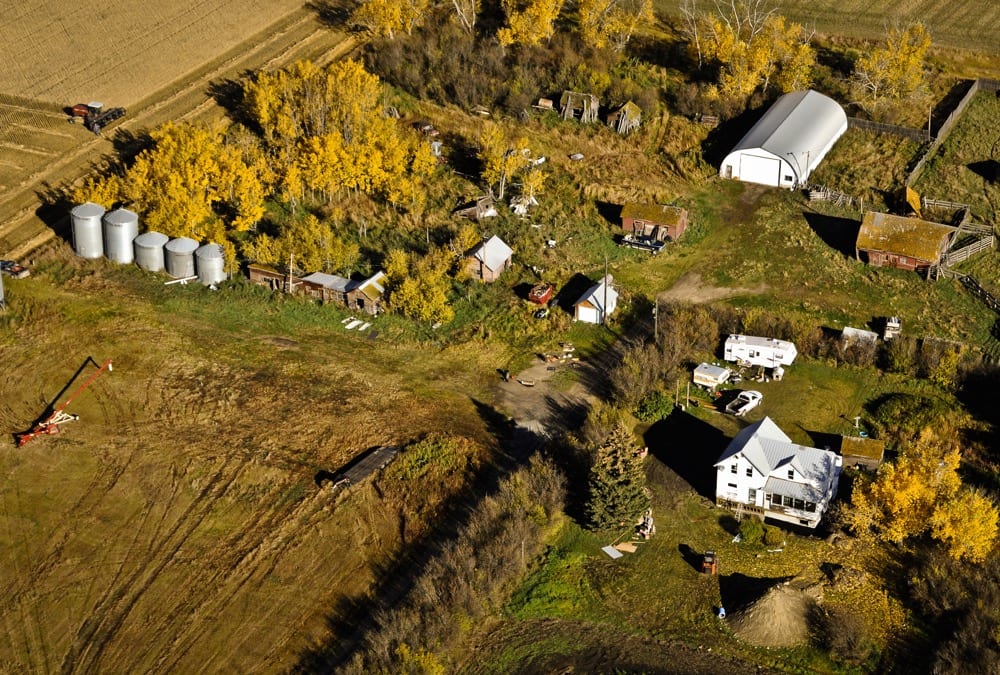Fall is an excellent time to discuss farm succession, says a Calgary-based expert.
“Harvest brings people together,” said Clark Lowry, a senior wealth advisor with Lowry Wealth Planning. “Once the harvest is done, I think it’s good for them to get together and have a discussion about what everybody’s intentions are.”
According to a recent report published by the Royal Bank of Canada, 40 per cent of the country’s farm operators will retire by 2033, yet many are reluctant to discuss succession for fear of conflict.
Read Also

Dairy marketplace faces big changes
Beginning in April, dairy producers will be facing payment changes as processors and industry move to meet consumer demands and trends.
“It can be a very complicated situation,” said Lowry, who grew up on a farm in Manitoba.
“It can be an emotional one and people are sometimes worried about making sure that they do everything right and not wanting to have any of their children or grandchildren or siblings upset.”
The first step is a succession framework, which addresses the five Ws: who, what, when, where and why.
“A succession framework would be the initial plan of what should happen, who will be involved and to what extent, who may not want to be involved in the farm moving forward, what the timeline should be, and when do the principal farmers want to slow down their involvement,” he said.
A framework is not the same as a succession plan.
“The succession plan is the finished product after meeting with professionals who have a tax and legal plan in place ready to execute.”
Based on the framework, the next step is to bring together everyone who may benefit from the farm or its assets for a frank discussion. That may include family members not previously considered, said Lowry.
“Not only should the non-farming children be considered, but also non-farming children’s spouses or ex-spouses or children.
“Sometimes there’s a marital breakdown and not everybody’s on the same page and people think they should have some entitlement. You don’t ever think these things are going to happen to you, but they can happen and they do happen. Every family dynamic is different.”
Involving everyone can ensure family members feel they have a role in the process.
“That should really limit any future squabbles among the family, and I think the whole point of this is making sure there aren’t any future tensions or issues among family members, which I’ve seen a lot,” said Lowry.
One of the biggest questions when discussing succession is how the farm can continue to be profitable after the owners and/or operators retire.
“(It’s important) the future success of the farm is not going to be hindered or put under pressure by any means,” said Lowry.
This helps parents or retiring owners/operators in general feel comfortable with their decision to retire. Some kind of retirement allowance or other tool should also be decided.
“Making sure that the principal farmers or parents are taken care of first and foremost so they can enjoy a retirement and not be stressed is a good idea,” said Lowry.
It shouldn’t prevent a successor from making changes to the operation, such as adopting new methods, said Lowry.
“With the next generation there’s a lot of new blood, if you will. There’s new education and new strategies and advancements in technology that will be paired with the experience.
“It comes down to each individual relationship and making sure the people taking over the farm have the freedom to grow and expand their business if that’s what they wish. But you’d still want that to have the blessing of the parents and whoever might still own those assets.”
The interests of non-farming children should also be addressed, said Lowry. These siblings may not be interested in the farm now, but what happens when land prices go sky-high, as they are today? Will the owner or primary producer have to buy his siblings out?
“If all of a sudden they want to get their equity out, that can put a lot of pressure on the people trying to continue the farm if they have to come up with a way of purchasing that.”
A succession framework shouldn’t be too rigid. People change and so due to circumstances, Lowry said.
“You could set something in place now and some of these goal posts can be tweaked along the road over the course of the next 10 to 20 years.
“If land (value) does continue to increase, maybe the non-farming children get more of the non-farming assets or more of the insurance or more of the chunk of land. If it goes the other way, maybe they don’t. These plans can change and they can be fluid as long as there’s a foundation and a framework to work under.”
Discussion can also involve deciding which professionals are needed to help a succession plan go smoothly.
“I think the four that would be could be or should be involved would be an accountant, a lawyer, an estate planning specialist and potentially a wealth management specialist too, if there’s any non-farm assets,” said Lowry.
Assets can be problematic when it comes to succession because much of a farmer’s wealth is connected to land, which would typically go to whoever will own or operate the farm.
“In most cases farmers are very asset-rich and sometimes cash-poor, which can make it harder due to most of the assets tied up in land which is essential to the operations.
“But sometimes that’s not the case and there’s lots of other wealth and personal assets that can ease that succession,” said Lowry.
“There can be a lot of creative planning based on how these assets are held with different corporations with different estate planning processes. There’s a lot of beneficial tax treatment for farms and fisheries in Canada that people might not know that they can use to avoid paying tax on succession from one generation to another.”
















